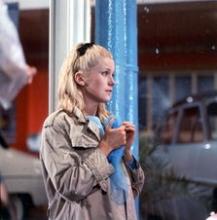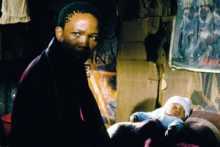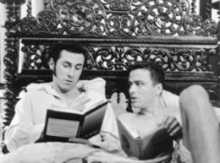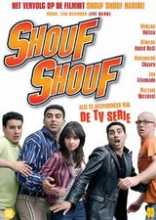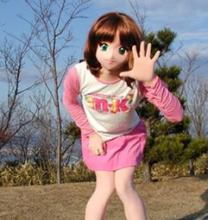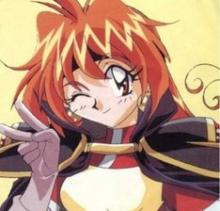A Tour of Europe: The Umbrellas of Cherbourg
Most of my time here at Foreign Entertainment has been spent hopping along the strangely-proportioned stones of anime in the river of Japanese culture. The whole point of my Anime Friday feature was that I'm an exceedingly Western person who needed a change in my pop culture diet. I got that and then some, but now it's time for me to settle back into more familiar territory. Every week, I'll be exploring one work of European film, television or music in a feature I'm calling A Tour of Europe.
For the first entry in this new feature, we'll be visiting France, the home of some of the greatest cinema in the world. Specifically, this entry is about La Parapluies de Cherbourg ("The Umbrellas of Cherbourg"), Jacques Demy's dreamy 1964 musical.
Now, I'm not the biggest fan of musicals in the world. Most of the time the attempt to combine theater with song results in a production that does neither as well as a show focusing on one or the other. There are a few notable exceptions, but by and large I'm willing to accept that musical theater is an acquired taste. My biggest problem with it has always been the unnatural feel of people breaking into song. Theater already requires a suspension of disbelief, so having to endure something as strange as emotionally-motivated singing is a high hurtle. The solution to this problem, as Demy and company surmised, is to put the entire script in song so nobody ever really "breaks out", they just "flow in".
Umbrellas is undoubtedly commercial and a lot more inviting to non-French viewers than most French cinema. It's a Technicolor designer's wet dream and it indulges in the swooning romanticism of the era's Hollywood pictures. This doesn't mean that it isn't still very, very French. The romance is tinged with heartbreak and it takes less than an hour for Demy's florid world to grow weary of itself. It's not so much a story of a doomed love between young flames Genevieve and Guy as it is a response to the idealism of romantic cinema using its own stock and trade.
Cinephiles will recognize a young Catherine Deneuve in the role of Genevieve Emery. Though Deneuve had already proved herself a very capable actress by the time Umbrellas came around, she's really just the face of this movie. All of the actors didn't sing for themselves here. In Deneuve's case, Umbrellas was a breakout role for pop singer Danielle Licari who would go on to sell millions of records at the end of the decade.
The Umbrellas of Cherbourg cleaned up at the Academy Awards and it has since been hailed as one of the greatest films of all time. For our purposes, it's the gentlest possible introduction to French New Wave cinema. The likes of Godard and Truffaut are often too rough and unapologetic for the uninitiated. We'll definitely be looking at more films from the New Wave, so I wanted to start out here in what is basically Franco-Hollywood. I'll be back next week with another entry from another country. Au revoir.
